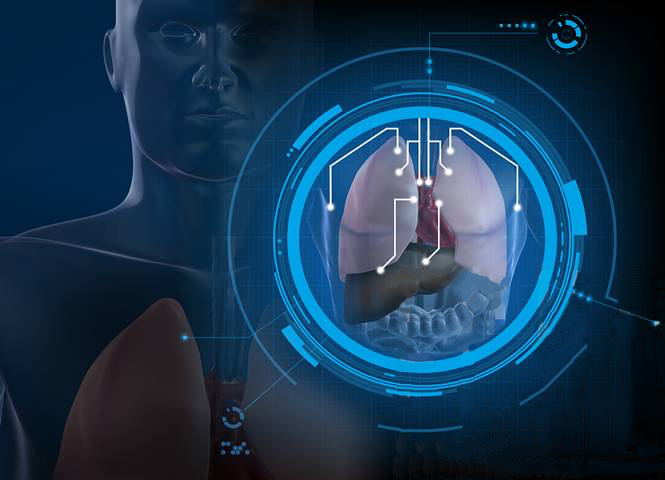June 26, 2020 -- The Wake Forest Institute for Regenerative Medicine (WFIRM) and Oracle Health Sciences have joined forces to develop a consortium of industry, government, and academic members to study novel approaches to establish drug safety.
The collaboration will leverage Oracle's data analytics and WFIRM's body-on-a-chip program to develop next-generation technology for drug development, drug candidate screening, and personalized medicine. The body-on-a-chip platform is a system of miniaturized organs ("organoids") that can be used to detect harmful and adverse effects of drugs prior to being tested in humans.

The body-on-a-chip technology will evaluate drug toxicity across a wide range of human tissues. The data will then be analyzed with advanced machine learning co-developed by Oracle Labs and Oracle for Research to discover specific characteristics of potential therapeutic molecules. The platform can also be used to identify drugs that can be most effective for specific diseases.
The work is the cornerstone project that establishes iQ Healthtech Labs, a physical and virtual hub within Wake Forest Medical Center's Innovation Quarter.
Copyright © 2020 scienceboard.net







